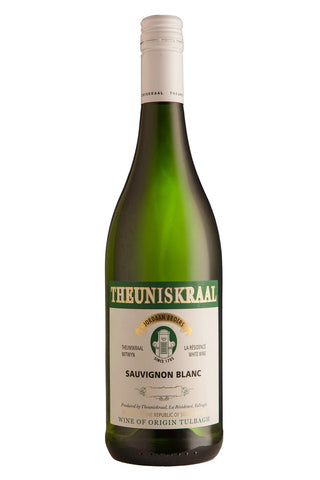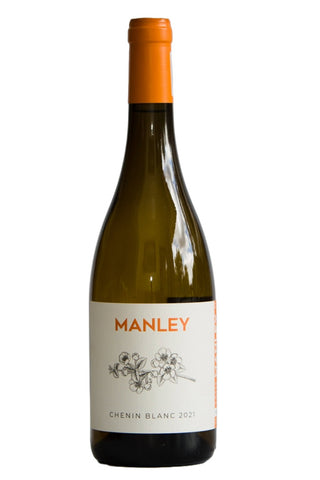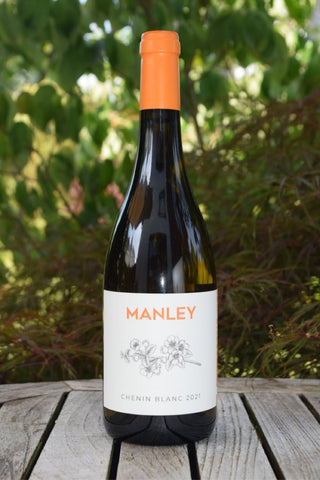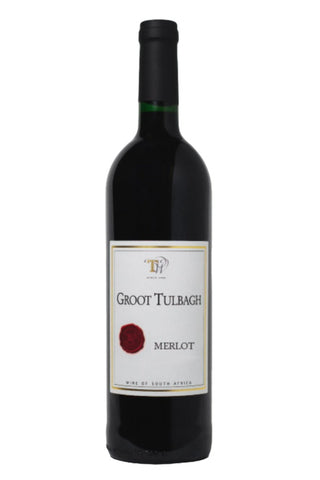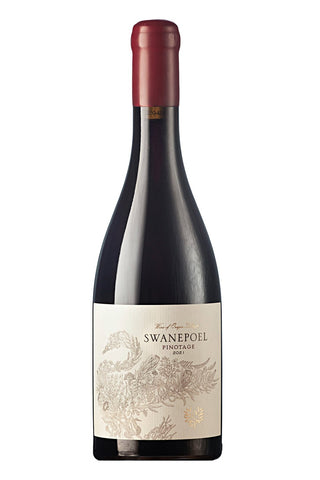Wine from South Africa: cooperative with the winemakers
It is important to us that the added value arises where the work is done - at the wineries. That's why we work cooperatively with the winemakers in South Africa and agree on both fair purchasing prices and a share in the sales success. In cooperation with the winemakers, we try to ensure fair remuneration. In order to achieve this and still be economically successful, we decided on direct marketing. We buy directly from the winemakers and only sell the wine online to consumers without intermediaries.
"Integrity & Sustainability" certification

When it comes to sustainability, we focus on the topic of "Integrity & Sustainability" (IPW) in wine production and on WIETA certification when it comes to working conditions. About the WIETA certification initiative. We are trying to have a positive influence on the local conditions. On the positive side, we can say today that 3 of the 7 winemakers, namely Theuniskraal, Tulbagh Winery and Saronsberg, are already certified. We are in intensive discussions with the other four about implementing this certification and some have already started the process. With a few exceptions, we can say that most of the wines in our range are IPW certified.
“Wine of Origin (WO)” concept
The integrity of South African wine is guaranteed by the Wine of Origin (WO) system, administered by the Wine and Spirit Board (WSB), a legal representative of the wine industry. When a wine meets WO requirements, a gray WO seal is used on the bottle to confirm the trustworthiness of all origin, variety and vintage information provided on the label. The identification numbers on the seal are an indication of the strict control carried out by the WSB, from the pressing of the grapes to the certification of the final product.
In order to qualify for certification of origin, grape varieties and vintage, at least 100%, 85% and 85% of the respective requirements must be met. The classification hierarchy of origin is in ascending order starting from a single vineyard, a winery (Theuniskraal Estate), a district (not in the Tulbagh district), a district (Tulbagh), a region (Coastal Region) to a geographical unit (Western Cape). The explicit identification as an estate wine requires that the wine is bottled at the winery and is marked “Estate Wine” on the label. Additions of other grape varieties and other vintages only have to be reported if they each amount to 15%.
The certification process can be summarized as follows.
- Application for pressing the grapes.
- Random checks during harvest.
- Comprehensive accounting of the grapes received.
- Routine review of documents.
- Analytical and sensory evaluation.
- Issuing the seal and labeling the bottles.
"Integrated Production of Wine (IPW)" concept
Integrated wine production (IPW) was introduced into the South African wine industry to protect the environment and natural resources and ensure sustainable wine production. The IPW guidelines are based on research, environmental legislation and recognized good viticulture and cellar practices. Wines that meet both the WO criteria and the IPW requirements have the green “Integrity & Sustainability” certificate on the bottle.
There are a total of 15 guidelines for the agricultural sector of grape cultivation, which cover, among other things, the areas of soil preparation, nutrition, irrigation, canopy management, growth regulators, integrated pest control and the use of chemicals. The degree of compliance with the guidelines is recorded using a points system. Grapes qualify for the IPW if the operation achieves at least an overall rating of 65%. All herbicides, pesticides and fungicides are coded according to their suitability for IPW and the spray programs are taken into account in this point system.
The production process from winemaking, further processing, bottling to transport is also evaluated according to a points system based on 15 guidelines. The evaluation includes, among other things, the management of legal sulfur dioxide levels, storage and recording of chemicals, energy consumption and carbon emissions, substances added to wine as well as water management and waste disposal. Only grapes that qualify for IPW may be used to produce IPW wines. Wineries qualify for the IPW if at least 65% are achieved in the entire cellar evaluation.
WIETA - Sustainable practices in the wine industry
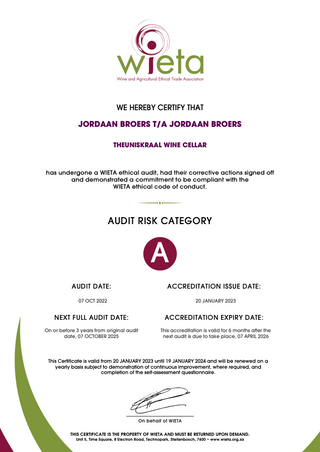
About WIETA
The Wine and Agricultural Ethical Trade Association (WIETA) is a non-profit organization in South Africa focused on ethical trade and sustainable practices in wine and agriculture. Founded in 2002, WIETA is an industry initiative promoting ethical trade and socially responsible practices in South African wine and agriculture. The organization works across industries and advocates for workers' rights, environmental sustainability and the promotion of ethical trade practices.
WIETA strategy
WIETA's vision is to promote a sustainable and ethical wine and agriculture industry in South Africa. The focus is on improving working conditions, social standards and environmental protection measures. WIETA pursues a comprehensive strategy to improve ethical standards in the industry. This includes training, audits, certifications and collaboration with stakeholders to effect positive change. The organization promotes dialogue between employers, employees and other stakeholders to develop sustainable solutions.
The WIETA code
The WIETA Code is a framework of ethical principles and standards that must be adhered to by the members of the organization. This code covers areas such as working conditions, wages, employee rights, environmental protection and health protection. Compliance with the WIETA code is ensured through audits and certifications. However, here are some general points typically covered in the WIETA code:
- Working conditions: Fair wages, reasonable working hours, job security
- Workers' rights: freedom of association, collective bargaining, protection from discrimination and harassment
- Health and safety: safe working conditions, access to health services
- Child and forced labor: No child labor, no forced labor or slavery
- Environmental protection: Sustainable agricultural practices, resource conservation, protection of biodiversity
- Ethics and Integrity: Ethical business conduct, no bribery or corruption
- Transparency: disclosure of information, collaboration with stakeholders
- Social development: investing in the community, promoting education and training
It is important to note that the specific requirements and details of the WIETA code may vary and therefore it is advisable to obtain the most current version directly from WIETA .

